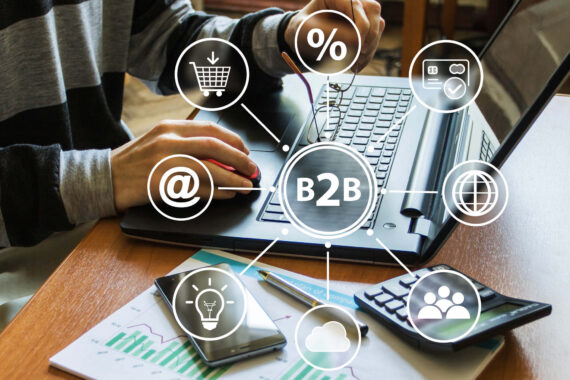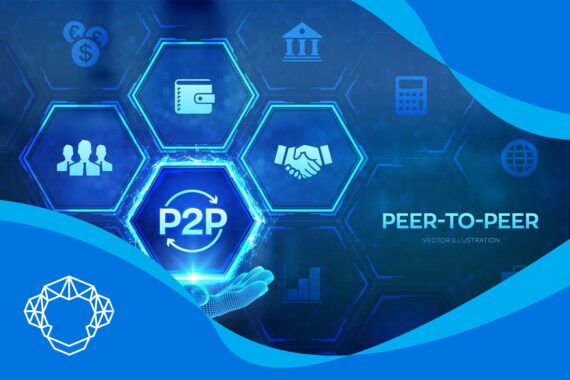PayPal might be the most popular and preferred service for digital payments, but with so many new providers popping out, is it time to explore and see if there might be something better out there? How many of you would consider using some of the PayPal alternatives? People are more sensitive when it comes to money, and business owners especially don’t want to risk being scammed. That is why we decided to do all the research and find out which platforms can stand the test and become praiseworthy alternatives for the famous PYPL.
How PayPal Changed the Way We Pay
Do you remember when we needed cash to pay for anything or when transferring funds to someone’s bank account was more than just a few clicks away? It seems like it was ages ago. Today, PYPL has more than 300 million users, and the number of transactions executed through its platform counts in billions on a yearly level. So how did it all start? Back in 1998, when the company was founded in California, it was called Confinity, but the goal was the same as it is nowadays.
It is to provide a safe and effortless platform for digital payments for business owners and customers. In exchange for low-cost charges, clients have to share their email, bank, and credit card information. After two years, they changed their name to PYPL and slowly started conquering the market of online payments starting with eBay. The company earned its stripe as a pioneer in this field and an entity that anticipated the future of paying methods. Now, many others are following in PYPL’s steps and trying to become the next big thing in the world of online payments.

Is PayPal the Best Platform for Online Payments?
Sometimes we get so used to certain things that we don’t even consider exploring other options that might prove to be better in the long run. Is that the case with PYPL? Let’s take a look at some of its pros and cons and get the bigger picture.
Pros of Using Paypal:
- It is user-friendly and also mobile-friendly.
- Setting up an account is free; there are no contracts or fees.
- You don’t have to apply for a merchant account.
- Encryption feature that protects all data.
- PYPL can be connected to numerous shopping systems.
Cons of Using Paypal:
- Users with business accounts have to pay fees.
- Seller protection doesn’t cover digital products and services.
- PYPL can freeze your account if they detect something that’s considered suspicious.
- Some banks charge additional bank fees when withdrawing money.
- Scammers love sending fake PYPL emails, so be aware of that.
How to Pick the Right Alternative Payment Service for You?
Right now, you will be overwhelmed with numerous and various services if you google alternative payment options you could use. So the problem is not how to find an alternative platform. The problem is that there are too many of them. In reality, you only need one or two.
We could have curated a list of 20 or even more platforms for money transactions, but how many of you would test them all? Making numerous free accounts and giving away your credit card bank data to all of them? Exactly. However, business owners and customers who use these services occasionally don’t have the same needs. Therefore, it is essential to do your research thoroughly. So let’s take a look at some criteria you should consider when deciding which service is trustworthy.
Pay Attention to These Criteria When Picking Your Alternative
- Are their mobile apps and desktop services intuitive
- Do they offer mobile payment processing
- Are there any deals for recurring payments
- How secure they are
- Are peer-to-peer payments free
- Do they offer retail POS systems

The Best PayPal Alternatives: Our Picks
You have probably already heard about some of these alternatives. Others might sound new and exciting. But what is common to all of them is that they are trying to step up the game and make online paying as straightforward as possible, at a reasonable cost. Business owners are always on the hunt for a service that offers the best terms, and it is easy for customers to use. There is not a platform that is suitable for everyone and suits everyone’s preferences, but we are sure you’re going to find the right one among some of the following.
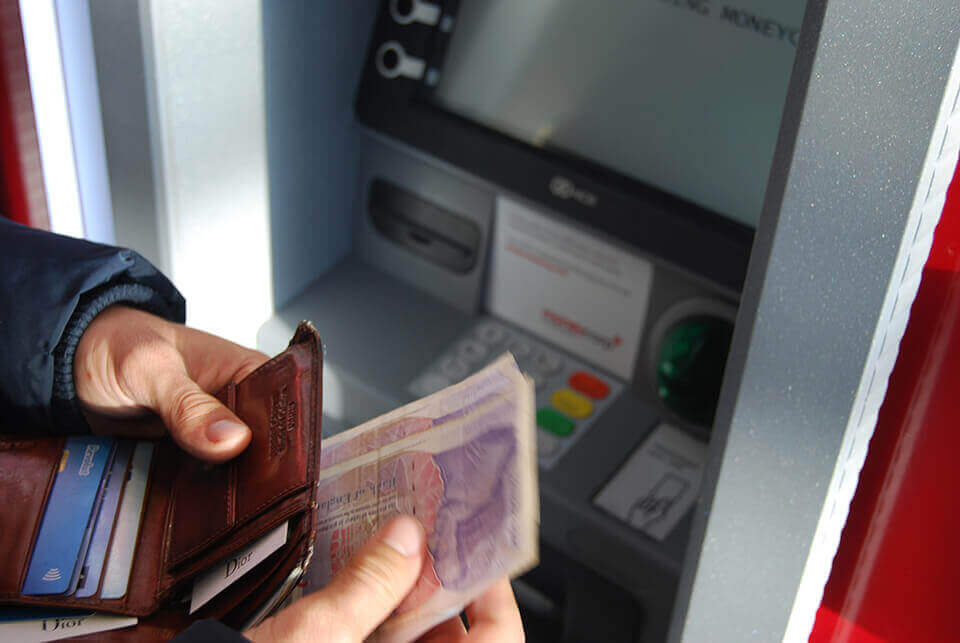
#1. Square, the Best for Personal and Business Payments
Regardless of whether you’re looking for an alternative service for your business or personal needs, you’ve probably stumbled upon Square at some point. And not without a reason. Square is highly praised as one of the greatest replacements for PYPL, so let’s see why that is the case. When comparing other platforms, Square is the closest to PYPL in terms of features, and some even dare to say that it is better than PYPL.
Unlike PYPL, Square doesn’t charge a monthly fee if you need access to all of its tools. Also, there is no monthly fee for recurring payments, which is something PYPL charges extra. Although many clients were concerned about the new Square payment fees, it didn’t really harm the brand’s reputation. With each service, you do have to count on some transaction costs. However, the extra money that goes on fees is something you need to calculate and keep in mind.
Square’s POS retail system is often described as the best one, and its mobile app also provides top-notch experience. It is all highly user-friendly since you can manage online, mobile, and in-store transactions from one free account. Therefore it is very popular among people who are expanding a business or running a small enterprise.
Square’s Pricing Compared to PYPL
When we compare prices, Square and PYPL charge pretty much the same, depending on the type of transaction. Recurring payments are slightly more expensive per transaction, but at least there is no mandatory monthly fee. However, Square won’t accept PYPL payments.

#2 Venmo, Millennials’ Favorite
Although it was launched in 2009, Venmo’s popularity started expanding a few years ago. This peer-to-peer payment app doesn’t really offer all the features that PYPL does, but that is because they have a different target audience. Venmo doesn’t offer that full package that would satisfy both clients’ categories: those who are running businesses and those who use it for personal purposes. So it is not really an alternative for businesses, but more for peer-to-peer transactions.
You might have heard about the Venmo me phrase, which has become so popular that it found its place in the millennial vocabulary. It is one of the most highly ranked mobile apps ever, and it has been downloaded more than 6 million times, so it is clear that they’ve managed to hit their target audience pretty well. Setting up an account is free, as well as sending money through a debit card or a bank account. There is a 3% fee, though.
What’s Venmo Missing?
Venmo was originally designed to be used among friends and people you trust. Therefore, it does not offer any protection for buyers or sellers, so it is good to use it only for transactions to or from people you already know. Also, the payment limit is $3,000, which is significantly lower than PYPL’S $10,000.

#3 Stripe, a Suitable Option for E-Commerce Sellers
Another popular option is Stripe, a leading PYPL replacement for online and mobile app transactions. It offers highly customizable e-commerce payment options, online and in-app, surpassing PYPL’s service. And it is compatible with all e-commerce platforms. However, when it comes to mobile readers for credit cards, there is still a lot of space for improvement.
Stripe’s online transaction fee matches PYPL’s, but in terms of mobile and in-store transactions, Stripe is slightly more expensive. It offers recurring payment options at a competitive fee. Favorite among membership and businesses that are based on subscriptions, Stripe earned its spot on the market, even though it does not support peer-to-peer transactions.
What Reviews Say About Stripe?
Reviews are mixed, mainly because Stripe is not a universal platform that could suit every category’s needs. And also, it doesn’t offer personal assistance, so you’re kind of left in the dark to figure out how to customize it.

#4 Google Pay, Your Reliable E-Wallet
Beneficial for personal and business use, Google Pay quickly distinguished itself from other competitors as one of the greatest platforms with the potential to dethrone PYPL. It is free for bank and debit card transactions and offers one-click checkouts. However, it is essential to state that Google is not a payment processor. It is a platform that stores all of your payment information in one place. From credit cards, bank accounts, and you can even connect your PYPL to it.
All you need to do to pay for something is to click or do a fingerprint verification. They eliminated the step of typing your card information, making the process shorter and easier. It can be used for online, in-store, or in-app transactions as long as all your paying methods are connected to your Google. However, it doesn’t offer POS systems or credit card processing.
What Customers Say About Google Pay
Paying with Google comes at a reasonable cost for both businesses and individuals. Recurring and peer-to-peer transactions are free, and you don’t have to carry your cards around, because it is all connected to your e-wallet.
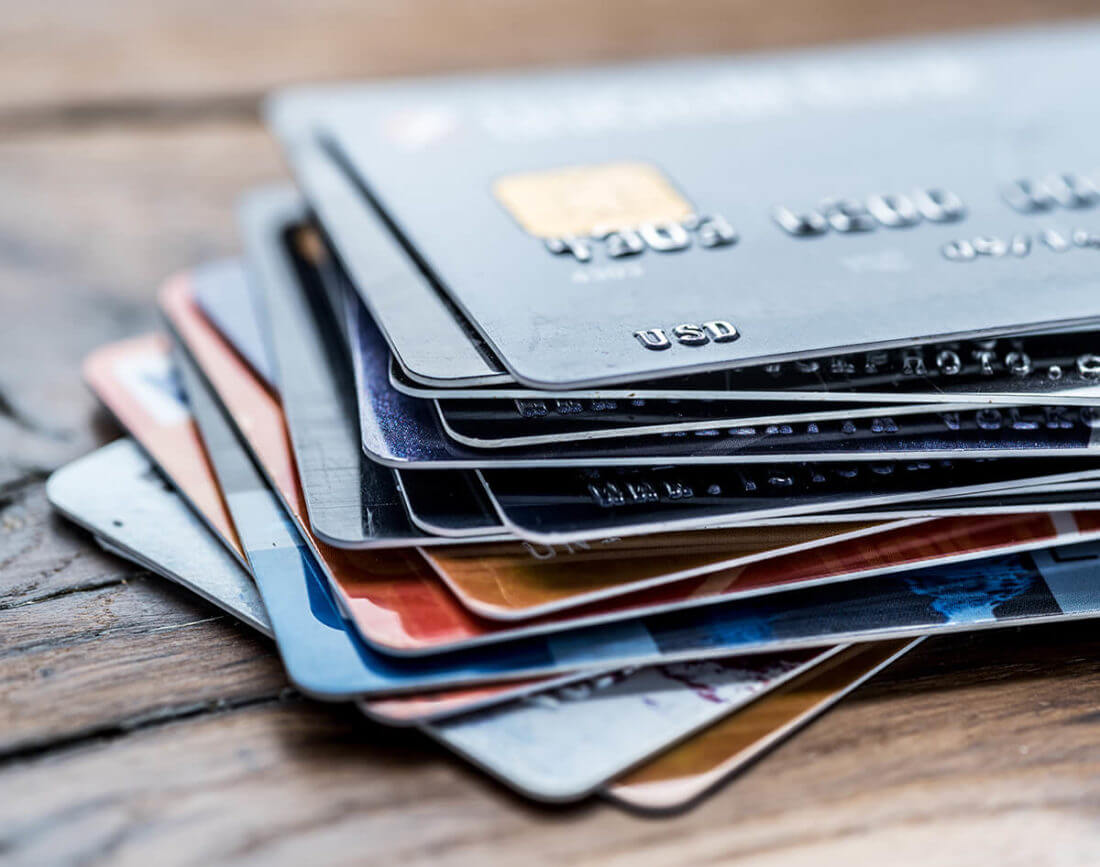
#5 Payoneer, the Best Solution for International Transfers
Payoneer specializes in international money transactions, and it is highly preferred among freelancers since it supports transfers in various currencies. It is connected to some of the most popular freelancing platforms, such as Fiverr, Upwork, and even Airbnb. On the other hand, it is not the right fit for large businesses or e-commerce sellers since it doesn’t provide a merchant account.
There are no initial or monthly charges, but there are an annual one and a fee for being inactive too long. So if you don’t plan to use it regularly, it is not the right fit for you. The fee system is pretty transparent. In some categories, it is cheaper than PYPL. In others, it is more expensive, so in the end, it all comes down to your preferences. But keep in mind that there is a flat rate of $1.5 for withdrawing funds.
Is Payoneer Suitable Only for International Transactions?
No. Payoneer is also great for local transactions because it doesn’t charge a fee for transactions between two Payoneer accounts. It gained its reputation because it is very straightforward to handle multiple currencies and transfer funds overseas.

#6 Skrill, Offering More Than Money Transfers
Nowadays, when every app strives to be multifunctional and provide more than basic services and features, Skrill goes a step further. Skrill forms a community of people who are not coming back just when they need to pay something. Skrill users can enjoy some other features such as online gaming, shopping, and betting. Of course, this is not everyone’s cup of tea, but at least they are trying to come up with something new.
Skrill can be used for transfers in US and international ones, and it offers similar rates as PYPL. Setting up a profile is easy, and the platform is pretty safe. However, just like PYPL, Skrill also has a problem with freezing accounts if they notice something suspicious.
Skrill’s VIP Programme
There are a VIP and a VIP ambassador program, and both offer specific benefits and exclusive deals to clients who are a part of it. But to reach that status, you have to be active for a particular time and transfer a specific amount of funds.

#7 Dwolla, Great Solution for Online Businesses
Dwolla is a service available to individuals and businesses, but their marketing is more leaning towards the developer community, and it is mainly focused on customizable checkout solutions. Dwolla works only with bank transfers and ACH payments. So it can’t be used for credit or debit cards. Also, the POS app and peer-to-peer transactions are not available.
Dwolla comes with a dashboard that is extremely user-friendly and straightforward, leaving little to no space for any misunderstandings. In terms of security, Dwolla is working hard to improve it, and they even integrated with some other platforms such as Plaid and Sift Science to make sure everything is as secure as possible.
3 Options of Dwolla Accounts
Users can choose between three plans. The pay-as-you-go plan is free, while Scale and Enterprise come with a high monthly fee. There are no contracts or cancelations charges. However, users outside of the US can’t make an account.
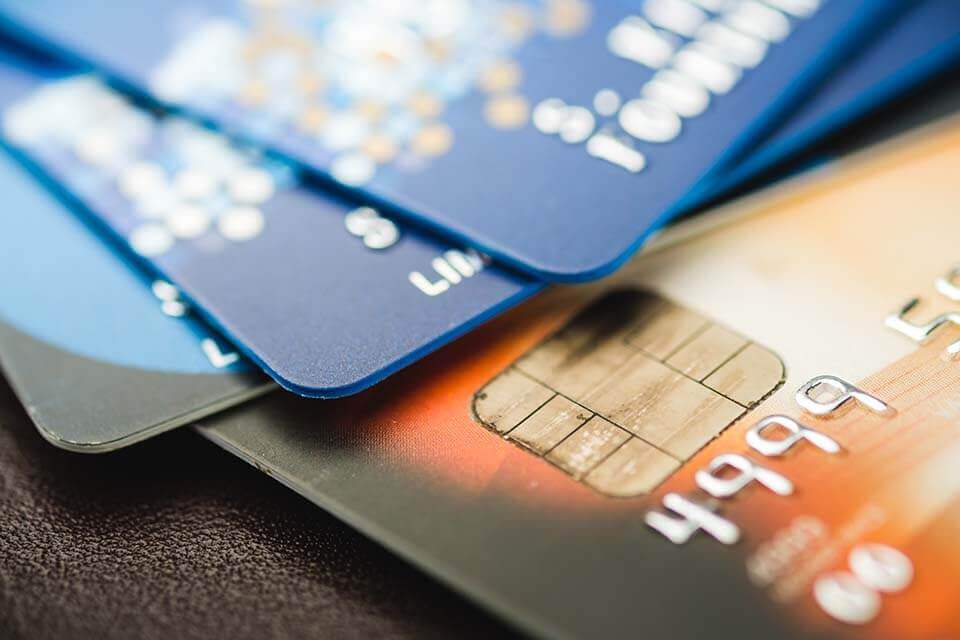
In the Sea of Alternatives, Which One Is the Right One?
After reviewing some of the most popular platforms that can be used as decent replacements for the famous PYPL, we think we managed to cover some different categories of clients and platforms. You may notice that PYPL is funding or owning some of them, which is just another way of conquering the market and trying to satisfy the needs of different clients. Therefore, they are all great, but a lot depends on users’ needs and preferences, and we are sure that at least one of them can accommodate you.




